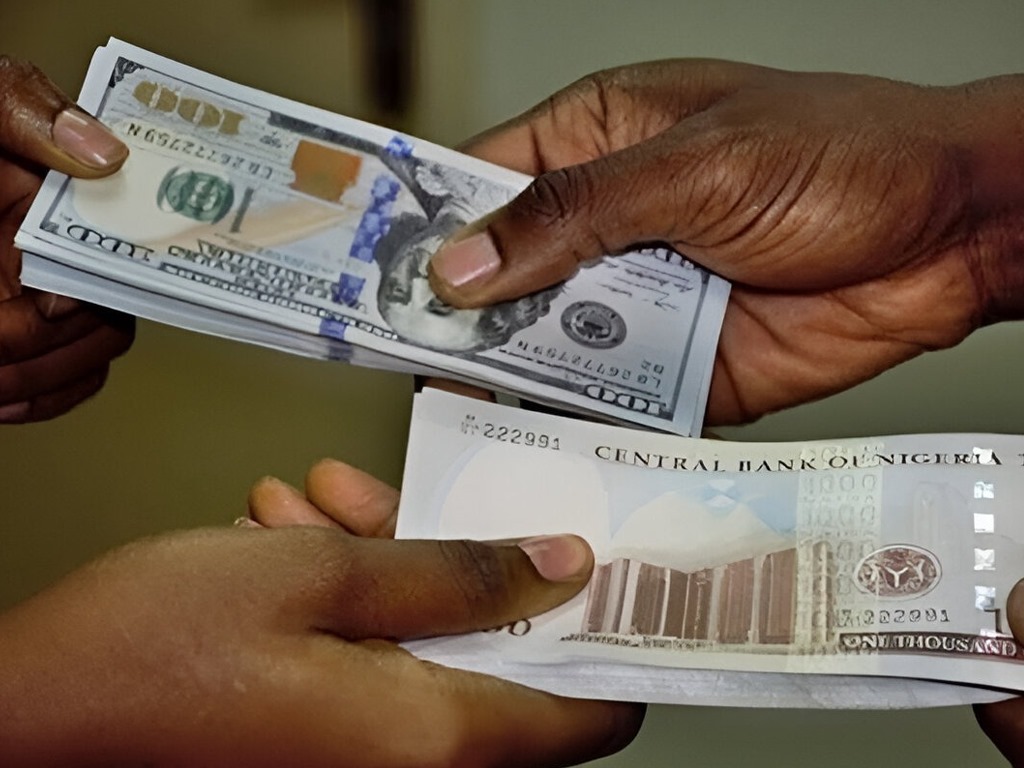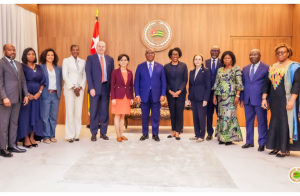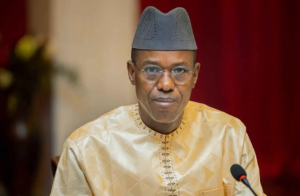Nigerian Authorities announce second Naira devaluation in eight months to attract foreign investors

In an explicit move to attract foreign investors, Nigerian authorities have announced the second devaluation of their national currency, the naira, within eight months. This decision, reported by the British Daily Financial Times, underscores the Nigerian government’s efforts to boost foreign capital inflows.
As per information from the Nigerian Central Bank on January 29, the exchange rate of the naira against the dollar stood at 889.9.
However, starting February 1, this rate underwent a fresh devaluation, with one dollar now exchanging for 1,356.8 nairas.
This move appears to bring the official naira rate closer to that observed in the black market, according to Financial Times observations.
This devaluation is part of the ongoing liberal economic reforms initiated by Nigerian President Bola Tinubu.
The head of state had previously abandoned the artificially high naira rate, which posed challenges for multinational companies looking to invest in the Nigerian economy.
President Tinubu’s approach aims to create a more attractive environment for foreign investors by aligning the official naira rate with more realistic rates.
This decision could potentially address issues faced by international businesses by facilitating their operations and encouraging investments in the Nigerian economy.
However, this strategy is not without risks, as it could lead to increased costs for domestic consumers, especially in a context where inflation is already a major concern.
Nigerian authorities will need to closely monitor the impact of this devaluation on the national economy while working to attract foreign investments beneficial in the long run.
Smith OKAFOR











